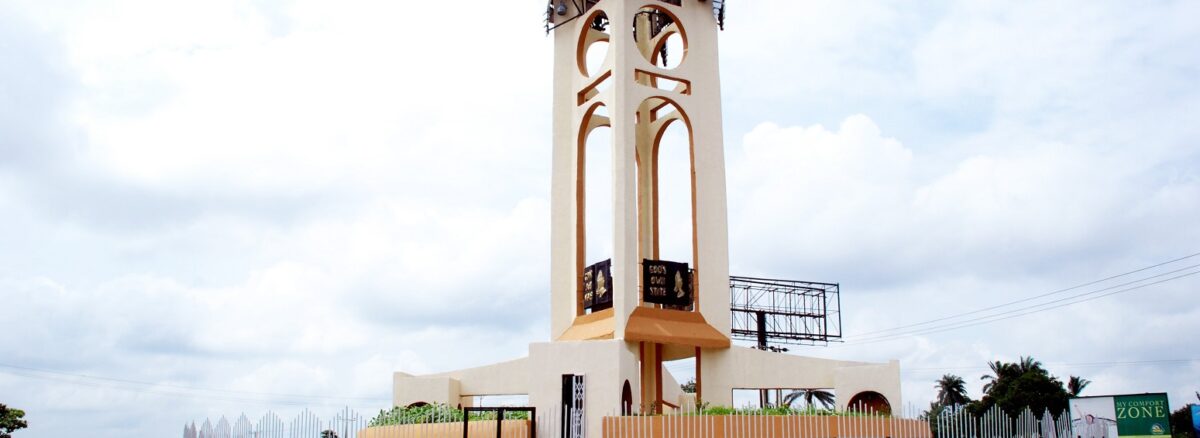BRIEF HISTORY ON ABIA STATE
Created in 1991, Abia State was carved out of Imo State. The name “Abia” is an abbreviation of four of the state’s densely populated regions – Aba, Bende, Isuikwuato, and Afikpo. The state’s capital is Umuahia, with Aba being the major commercial city. Popularly known as God’s own state, Abia State is one of the constituent states of the Niger Delta region. It is also the 5th most industrialized state in the country, and has the 4th highest index of human development, with numerous economic activities and fast-growing population as recorded by the United nations in 2018. The state also houses the biggest cattle market in Nigeria, although crude oil and gas production are prominent activities and contribute over 39% of the State’s GDP.
ABIA STATE LGAS, TRIBES, ETHNICITY AND BELIEFS.
Abia State consists of 7 local government areas and is mainly populated by the Igbo ethnic group. The Igbo people, who are one of the indigenous people of the south-eastern part of Nigeria, make up 95% of the population. Their traditional language, ‘’Igbo’’ is in widespread use. Also widely spoken is the English language which serves as the official language in governance and business. Abia has over 2.4 million people who are mainly Christians.
It should be noted that Abia state has some notable Niger Delta personalities in the Nigerian movie industry, some of whom are the popular Alexx Ekubo a Nollywood actor and Top Model, Nwankwo Kanu, a two-time African Footballer of the year, and Arsenal FC legend, and Chinyere Kalu – Nigeria’s first female pilot.
Tourist attractions in Abia State are the Azumini river which is known as the blue river, located in Abia close to Akwa Ibom, Abia State National War Museum, The Amakama Wooden Cave, and the Long Juju of Arochukwu to mention but a few.
Abia is one of the most peaceful states in Nigeria and has been a “haven” for foreign investors.

